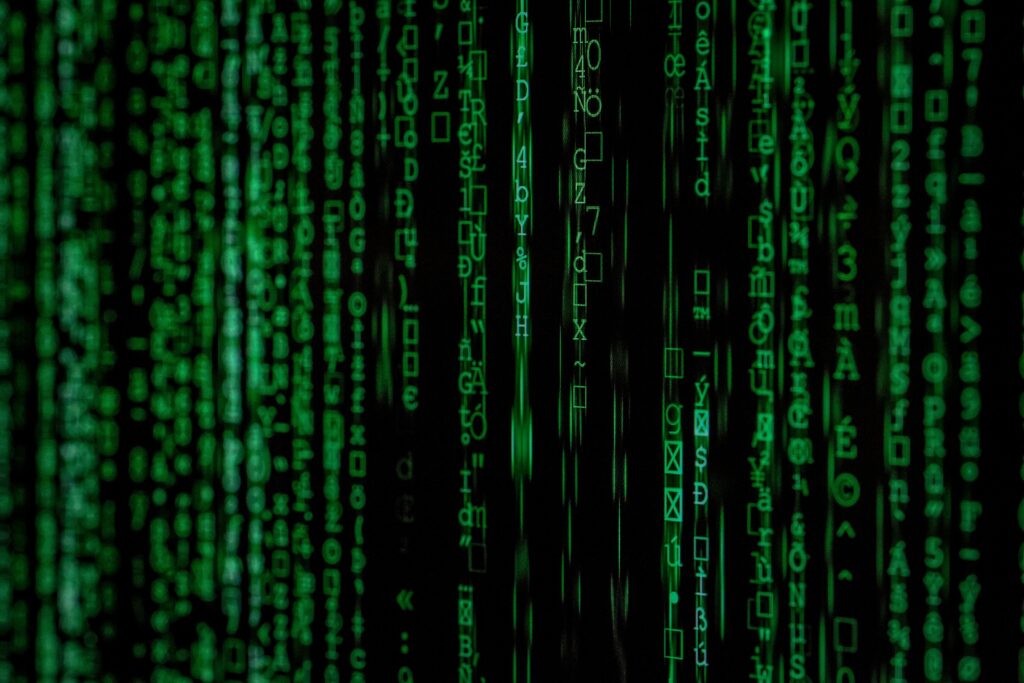How Multi-Factor Authentication Can Benefit Your Business and Your Customers

The internet is vast, full of potential …and dangerous. As the world becomes more dependent on digital activity, hacks and breaches are becoming more common.
Even elite cybersecurity firms aren’t immune to the risks. In 2022, the popular password manager LastPass reported that cybercriminals had broken into its password vaults and stolen encrypted data, leaving customers unsettled and worried.
As 2023 gains momentum, business owners must be on guard to protect both themselves and their clientele from this growing threat. One of the best ways they can do so is through multi-factor authentication.
What Is Multi-Factor Authentication?
The LastPass data breach serves as a reminder that the digital world is always evolving — and business leaders and customers alike must evolve with it if they want to stay secure. Multifactor Authentication (MFA) offers an effective way to complicate the hacking process by using more than one level of security depending on the situation.
For instance, the data security experts at Okta explain that MFA “blends at least two separate factors.” The identity provider details that one of these factors is usually a username and password — but that on its own is no longer enough.
MFA adds an additional level of security. This could be a physical possession, like a phone or keycard. It could also be a physical location based on GPS. In situations where more safety is desired, it could also include a personal identifier like a fingerprint or iris scan.
Multi-factor authentication can feel like a hassle on the surface. However, in many cases, it can actually have a positive impact on the speed of logging in. In fact, the simple act of adding another step to the login process can provide a slew of other worthwhile benefits to businesses and customers alike.
The Benefits of MFA in Business Transactions
MFA takes some time to implement — but that is true with any defense system. Even Medieval castles expanded the building time of a home to as much as a decade, all in the name of creating an elite defense system for something that had value.
If you’re hesitating over whether MFA is worth it, here are a few of the major benefits to consider for both you and your business.
MFA Provides Peace of Mind
One of the most obvious benefits of multi-factor authentication is that it provides peace of mind.
Businesses are in a constant race to take advantage of technological solutions to give them an edge over the competition. The ability to aggressively invest in digital software and applications without worrying about compromising on security is worth its metaphorical weight in gold.
MFA Means Less Long-Term Clean-Up Work
According to research reported by the University of North Georgia, 43% of cyber attacks target small businesses. The odds of facing a web-based attack, a phishing scam, or another attempt to hack your system are serious and significant.
Proactively establishing better security for your business means you’re putting a little work in early. However, once MFA is in place, you’re also avoiding the need to spend a significant amount of time, energy, and resources later on when a likely attack would have taken place.
MFA Is an Adaptable Security Solution
The world was already shifting to a decentralized office before the pandemic exponentially sped up the evolution of the workplace. In the wake of the crisis, offices are shifting to a combination of in-person, hybrid, and fully remote workplace settings. Sometimes all three of these are present within a single workforce.
With so much in flux (and many workers trying to access company software remotely), the complexity of security is changing. MFA is a strong and adaptable solution that can meet the security needs of this new workforce.
MFA Is User-Friendly
No one likes memorizing passwords (or resetting them when they forget). With that in mind, the thought of creating an even more complex cybersecurity network can sound daunting — but it isn’t.
In fact, MFA removes much of the need for passwords. Instead, things like physical locations and facial recognition can serve in their place. This makes it easier to create strong authentication processes that are still user-friendly (for employees and customers alike).
MFA Enhances Customer Trust
From peace of mind to adaptability, MFA has many direct and applicable advantages for a business. In addition, its user-friendly nature is a boon to both employees and customers.
Another area where customers come out on top is the trust and loyalty that MFA can create. When a customer knows that a business is going above and beyond to create a safe environment for them, it can help them feel safe and secure as they interact with you.
As far as your business is concerned, fostering customer trust translates to things like loyalty, repeat business, and word-of-mouth advertising — all of which positively impact revenue.
MFA Is the Future of Cybersecurity
Individual complex and nuanced security solutions are useful for a while. Eventually, though, cybercriminals figure things out.
MFA deploys an organic, impossible-to-overcome complexity to the security process: layers. By complicating a username and password with additional biometric, geographic, and possession-based factors, it naturally creates a level of security that can let business owners, employees, and customers alike operate in peace, no matter what ups and downs the digital future may hold.
Featured Image by Markus Spiske on Unsplash